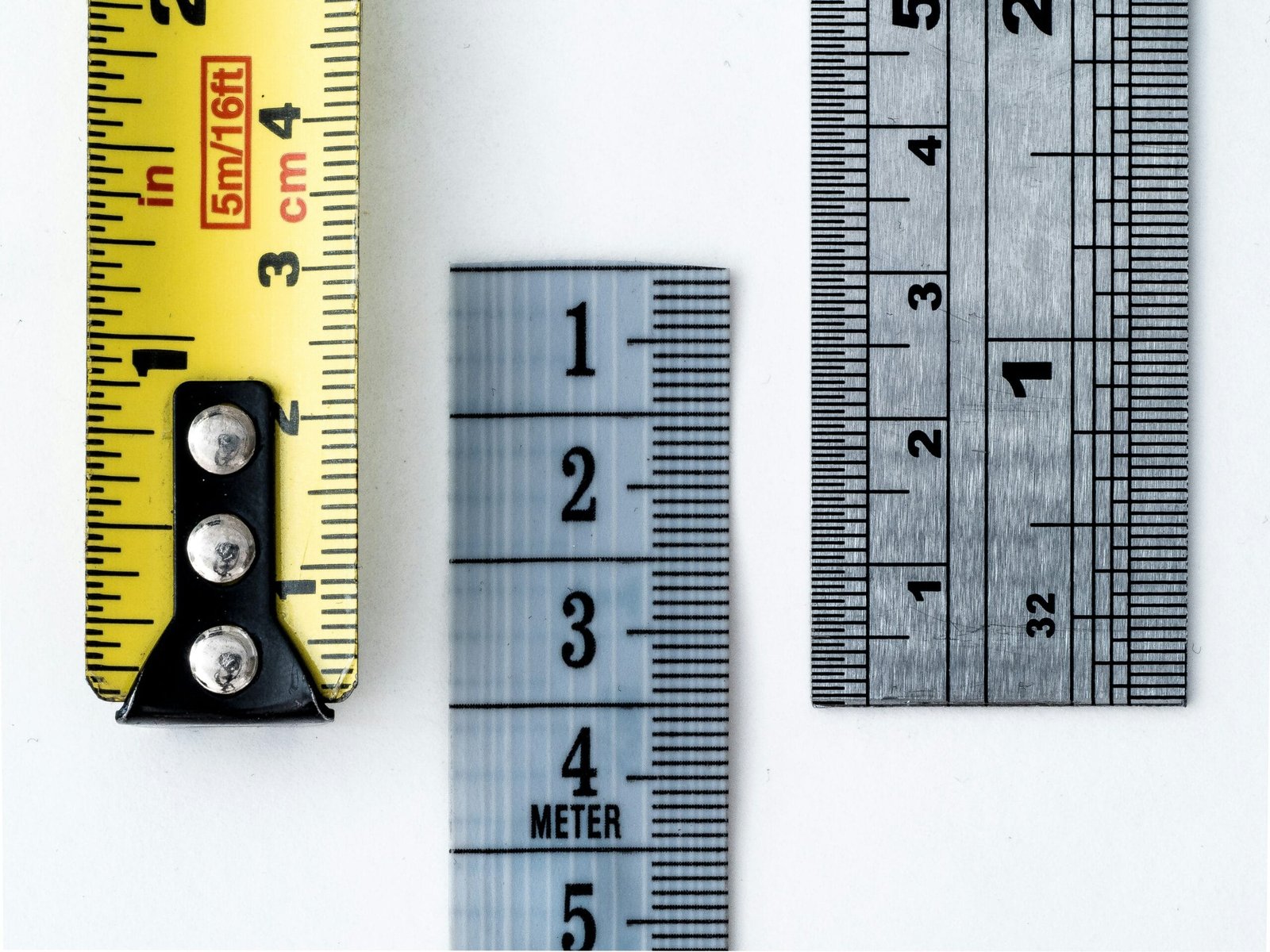
Introduction to the Great State of Israel
The Great State of Israel, established in 1948, serves as a pivotal entity in the geopolitical landscape of the Middle East. The founding of Israel marked the realization of a historical aspiration for Jewish sovereignty following centuries of diaspora and persecution. This modern nation emerged out of the wake of World War II and the Holocaust, which underscored the necessity for a safe haven for the Jewish people. Israel’s establishment has generated profound historical and political implications that continue to reverberate across the region.
Israel operates as a parliamentary democracy, characterized by a diverse population that includes Jews, Arabs, Druze, and other groups. Its democratic framework allows for a robust pluralism, fostering a variety of political voices and the protection of minority rights, despite ongoing challenges. The nation has flourished since its inception, becoming a hub for technological innovation, cultural expression, and economic advancement. However, the internal dynamics and external pressures substantially shape its democratic character.
The relationship between Israel and its neighboring countries is multifaceted and often contentious. The state has fought multiple wars since its creation, a reflection of deep-rooted conflicts arising from territorial disputes and differing national narratives. Notably, the Palestinian territories remain a focal point of tension, as the quest for autonomy and recognition continues to be a significant issue. Israel’s efforts to secure peace through various initiatives have been met with varying degrees of resistance and acknowledgement, complicating the path toward a sustainable resolution.
In essence, the State of Israel stands as a vibrant democracy amid challenges, striving to balance its identity, security, and relationships with both neighbors and its own citizens. The historical complexities and ongoing developments found within this nation are central to understanding the broader Middle Eastern political framework.
The Political Structure of Israel
The political structure of Israel is characterized by a parliamentary system, which is designed to create a dynamic framework for governance. At the heart of this system is the Knesset, Israel’s unicameral parliament. The Knesset is comprised of 120 members who are elected through a system of proportional representation. This method of election ensures a diverse representation of political parties, reflecting the multifaceted views of Israeli society. The Knesset’s primary responsibilities include enacting laws, overseeing the government, and approving the state budget. In this capacity, the Knesset serves as the backbone of Israel’s legislative framework and acts as a vital check on executive authority.
The Prime Minister of Israel, who is the head of government, is typically the leader of the political party that secures the most seats in the Knesset. The Prime Minister is appointed by the President and holds significant control over the executive branch, which includes the Cabinet and various ministries. This concentration of power allows the Prime Minister to influence both domestic and foreign policy decisions, thereby shaping the country’s direction. The Prime Minister’s authority, however, is tempered by the necessity to maintain coalitions, often requiring negotiation and compromise among various political factions represented in the Knesset.
Power distribution within the Israeli political system is intentional and multifaceted, designed to prevent any single entity from exercising unchecked authority. Besides the Knesset, the judicial system plays a crucial role in maintaining democratic norms and ensuring accountability, safeguarding citizens’ rights through various court levels, including the Supreme Court. This system of checks and balances is vital to the political landscape of Israel, ensuring that democratic values are upheld while providing the Prime Minister and the Knesset with the necessary authority to govern effectively.
The Role of the Prime Minister
The Prime Minister of Israel holds a pivotal position as the head of the government, responsible for the administration’s functioning and overall policy direction. This elected official plays a crucial role in shaping the nation’s governance and addressing both domestic and international concerns. The Prime Minister is elected by the Knesset, Israel’s parliament, and often leads the majority party or coalition, reflecting the will of the electorate.
One of the primary responsibilities of the Prime Minister is to establish government policy. This includes formulating national strategies in various sectors such as defense, foreign relations, and economic affairs. The Prime Minister has the authority to appoint ministers who oversee specific government departments, facilitating a framework through which policies and initiatives are developed and implemented. The cabinet, under the Prime Minister’s guidance, works collectively to deliberate on these policies, ensuring their alignment with the government’s aims.
Moreover, the Prime Minister serves as the key representative of Israel on the international stage, engaging with world leaders and participating in global dialogues. This role encompasses negotiating treaties, participating in international organizations, and addressing global issues that affect Israel’s national security and economic interests. Through diplomatic efforts, the Prime Minister seeks to bolster Israel’s position within the international community, advocating for the country’s interests and fostering cooperation with other states.
Additionally, the Prime Minister has the power to make critical decisions, particularly in times of crisis. Whether responding to security threats or economic challenges, the Prime Minister’s leadership is essential in guiding the nation through uncertainty. This multifaceted role underscores the significance of the Prime Minister in maintaining stability, fostering growth, and ensuring the well-being of the state and its citizens.
Current Prime Minister of Israel
The current Prime Minister of Israel is a prominent figure in the world of politics, commanding attention both domestically and internationally. With a robust background in political leadership and public service, they have emerged as a significant player on the global stage. Before assuming the role of Prime Minister, they held various positions within the government, providing them with considerable experience in legislative affairs and administrative operations.
Throughout their political career, they have been known for their strategic approach to various issues facing the nation. The Prime Minister’s focus on economic development has led to the implementation of several key policies aimed at boosting Israel’s economy, addressing unemployment rates, and fostering technological advancements within the country. In particular, the promotion of innovation and entrepreneurship has been a hallmark of their governance, leading to Israel being recognized as a global leader in high-tech and digital sectors.
On the international front, the Prime Minister has prioritized strengthening diplomatic relations with key allies and fostering security agreements that enhance Israel’s geopolitical standing. Their administration has navigated complex political landscapes, often advocating for a balanced approach in the Israeli-Palestinian conflict while supporting actions perceived as necessary for national security.
Furthermore, the Prime Minister has articulated a vision for a more prosperous Israel that seeks to address social disparities within the nation. This vision includes initiatives aimed at bridging gaps in education and healthcare, thereby investing in the future of its citizens. Through a series of reforms and proposals, the Prime Minister aims to create a cohesive society that thrives economically while embracing diversity.
In summary, the Prime Minister of Israel stands at the forefront of critical national and international challenges, demonstrating an unwavering commitment to advancing the interests of the state while fostering a vision of progress and unity within its population.
Influence of the President
The President of Israel holds a uniquely pivotal position within the nation’s political landscape, serving primarily in a ceremonial capacity, which contrasts significantly with the more robust executive powers of the Prime Minister. The role of the President encompasses various ceremonial duties, including the formal receipt of ambassadors, the hosting of state events, and the representation of Israel at international forums. These symbolic functions serve to reinforce the state’s identity and promote diplomatic relationships.
Beyond these ceremonial tasks, the President’s influence extends into the political realm, albeit in a more constrained manner. One of the critical responsibilities of the President is the appointment of government officials, including judges, military leaders, and members of various institutions. While these appointments are often based on recommendations from the Prime Minister and other governmental bodies, the President exercises discretion and authority to ensure that the appointed individuals reflect the nation’s democratic values and integrity. This mechanism allows for a degree of checks and balances within the Israeli political system.
Moreover, the President plays a significant role in the legislative process. One of the notable responsibilities includes the power to sign bills into law, thereby giving them official status. The refusal to sign a bill can be perceived as a powerful statement, influencing public discourse and prompting reconsideration of contentious legislation. Additionally, the Presidential intervention can highlight pressing national issues, bringing them to the forefront of political discussions. Although the President does not directly influence day-to-day governance, their participation in the political process underscores their vital role as a unifying figure in a diverse society, fostering national discourse.
The Impact of Political Parties
The political landscape of Israel is defined by a multi-party system that profoundly influences governance and national policy. Various political parties play a critical role in shaping the direction of the state, each reflecting diverse ideologies and constituencies. The complexities of coalition-building often necessitate the alignment of multiple factions, which emphasizes the importance of these parties in democratic governance.
Among the prominent parties are Likud, Labor, and Yair Lapid’s Yesh Atid, each occupying significant positions on the ideological spectrum. Likud, traditionally aligned with right-wing politics, emphasizes national security, advocating for a strong military presence and cautious diplomacy regarding peace negotiations with Palestine. Conversely, the Labor Party has historically championed social democracy and progressivism, often pushing for equitable policies and peace initiatives that address the long-standing Israeli-Palestinian conflict. Yesh Atid, representing centrist viewpoints, seeks to balance security concerns with civil rights, often advocating for compromise and dialogue.
In addition to these established parties, Israel’s political scene includes smaller factions that also possess considerable influence. For instance, parties like Shas and the Joint List bring unique perspectives representing the interests of specific ethnic and religious communities. Their participation in coalition governments underscores the diversity of opinions within the Israeli electorate, shaping debates on policies from economic matters to social justice and religious affairs.
This intricate interplay between various political entities directly impacts government formation. Following elections, the ability to form coalitions becomes pivotal, often resulting in agreements that reflect a mosaic of compromises among differing ideologies. The resultant policies and governance are inevitably colored by the agendas of these parties, particularly on critical issues such as security, peace, economic development, and social equality. Thus, the political parties in Israel are not just vessels of ideology; they are instrumental in directing the state’s policies and responses to internal and external challenges.
Public Participation and Elections
The electoral process in Israel operates within a framework that emphasizes democratic values and public engagement. Israel is known for its proportional representation system, where citizens vote for party lists rather than individual candidates. This structure allows diverse political views to be represented in the Knesset, Israel’s parliament, which is critical for ensuring that multiple voices are heard in the government. Since the establishment of the state in 1948, elections have been held approximately every four years, with the most recent elections taking place in 2022.
Voter participation in Israel has fluctuated over the years, often reflecting the political climate and public sentiment. In the 2022 elections, approximately 73% of eligible voters participated, which represents a slight decrease compared to previous elections. Various factors contribute to these participation rates, including public trust in the electoral process, the perceived efficacy of voting, and the level of engagement among different demographic groups. For example, turnout is typically higher among older populations compared to younger voters, pointing to an ongoing challenge in fostering engagement among younger constituents.
Public opinion plays a pivotal role in shaping governance and the electoral landscape in Israel. Polls and surveys often guide party strategies and campaign rhetoric, influencing candidates’ positions on critical issues such as security, immigration, and the economy. The necessity for coalition-building among parties is an essential aspect of Israeli politics, especially when no single party secures an outright majority. This coalition dynamic encourages negotiation and compromise, often resulting in diverse coalitions that reflect a wider spectrum of public opinion.
In light of these elements, the electoral process in Israel not only upholds democratic practices but also bears significant implications for the stability and direction of governance within the state. As the landscape continues to evolve, understanding public participation and the intricacies of elections remains paramount for comprehending the broader socio-political context of Israel.
Challenges Facing Leadership in Israel
The leadership of Israel currently navigates a complex landscape marked by numerous challenges, stemming from both internal socio-political dynamics and external security threats. One prominent issue is the increasing polarization within Israeli society, where differing opinions on national identity, governance, and social justice create significant divides. This polarization often manifests in fierce debates over policy decisions, leading to difficulties in achieving consensus and undermining social cohesion.
Security threats remain a crucial challenge for Israel’s leadership. The geopolitical landscape in the Middle East has become increasingly volatile, with ongoing tensions with neighboring states and non-state actors posing significant risks. The leadership must continuously address these security concerns while balancing the need for diplomatic relations. This includes engaging with international partners to reinforce Israel’s security framework, all while managing domestic expectations regarding military actions and peace initiatives.
Economic concerns also play a vital role in the challenges faced by Israel’s leadership. The country’s economy is multifaceted, characterized by high-tech innovation and significant disparities in wealth distribution. Addressing socio-economic inequalities and ensuring that economic growth translates to widespread benefits for all citizens remains a daunting task. Additionally, the leadership must respond to rising living costs, housing shortages, and unemployment, which are pressing issues for many Israelis. These factors can fuel dissatisfaction among the populace and create pressure on the ruling government to implement effective economic policies.
The various stakeholders involved—citizens, opposition parties, and international entities—further complicate the leadership’s efforts. Citizens demand transparency and accountability, opposition parties utilize dissent as a platform for critique, and international entities influence domestic policies through diplomatic channels and economic agreements. Such dynamics require the current leadership to be adept in navigating these relationships to maintain stability and address the multifaceted challenges confronting Israel.
Future Prospects for Israeli Leadership
The future of leadership in Israel is poised at a critical juncture, influenced by a multitude of factors including potential reforms, changing demographics, and both internal and external pressures. As the nation navigates complexities in governance, the need for fresh leadership strategies has never been more pressing. The political landscape in Israel is uniquely shaped by a diverse population, representing various ideologies, traditions, and aspirations. These demographic shifts may lead to novel coalitions and political alliances, requiring leaders to adapt quickly to a rapidly evolving environment.
In recent years, there has been a visible shift in the political discourse, with the emergence of new parties and movements that reflect the values of younger generations. This generational change indicates a demand for transparency, accountability, and dynamic leadership approaches. As Israel becomes even more ethnically and ideologically diverse, leaders will have to find ways to effectively represent a wider array of perspectives, fostering unity amidst diversity. This may involve significant reforms that prioritize inclusivity in governance, ensuring that all voices are heard and respected.
Moreover, external pressures such as international relations and global economic conditions cannot be overlooked. How leaders respond to these challenges will impact their ability to govern effectively and maintain public support. Israel’s geopolitical situation necessitates a sensitive and strategic approach to diplomacy, particularly concerning negotiations with neighboring countries and addressing security issues. Balancing these external factors with domestic priorities will be crucial as Israeli leadership seeks to cultivate resilience and prosperity.
Overall, the prospects for future Israeli leadership hinge on both internal reforms and the evolving social fabric of the nation, effectively responding to the historical and contemporary challenges faced. Understanding these dynamics will be essential for comprehending the trajectory of Israel’s political future.






